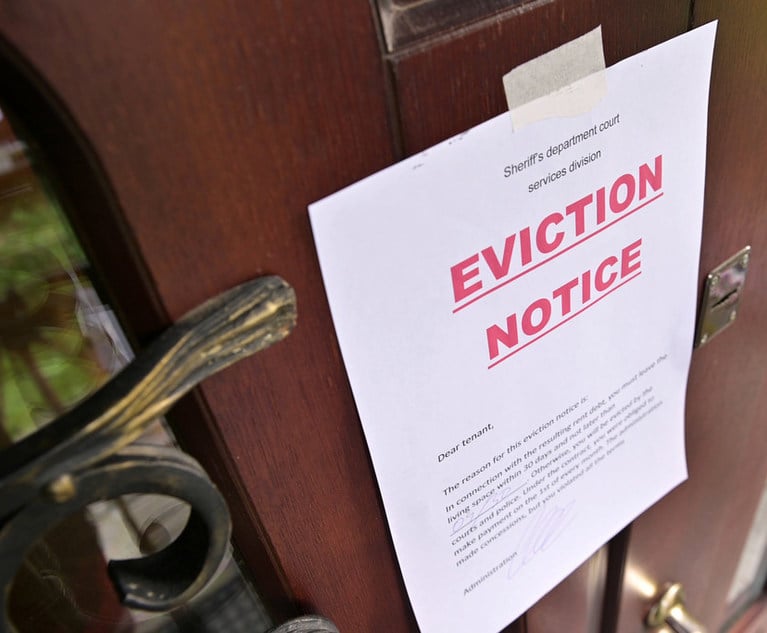In commercial mortgage lending transactions, it is essential that, in the event the loan ends up in default, the lender has the ability to realize on the collateral upon the exercise of remedies. If the collateral is destroyed or severely damaged by, for example, a flood or an act of terrorism, the value of the underlying asset will be greatly diminished or, in some cases, fundamentally eradicated (save for the value of the land). Insurance plays a crucial role in protecting the lender from such a loss.
Federal programs have made insurance more readily accessible to protect real property in the circumstances mentioned above, specifically, the Terrorism Risk Insurance Program (TRIP) and the National Flood Insurance Program (NFIP). These programs enable flood and terrorism insurance to be widely available at realistic price points by ensuring that the amount of the premiums payable for such insurance remain at a level that a borrower can afford, which in turn preserves the underwritten economics of the loan transaction.


 Jeffrey B. Steiner and Scott A. Weinberg
Jeffrey B. Steiner and Scott A. Weinberg




